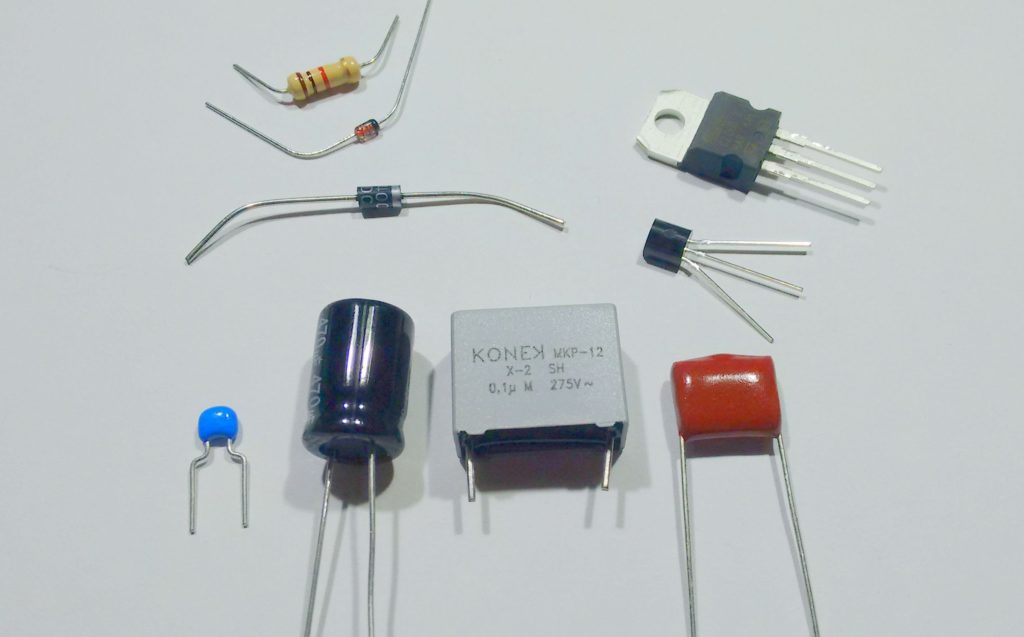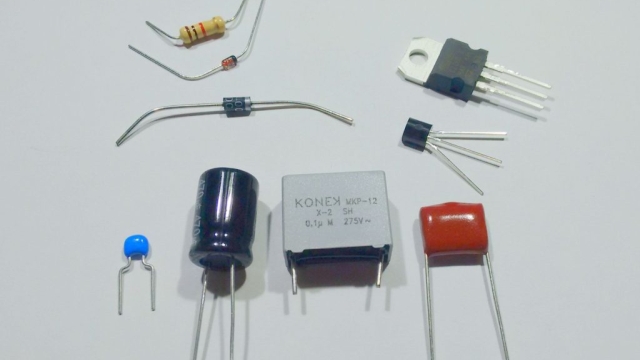
Starting your journey into the realm of electronic components can be both exciting and daunting. Understanding how these building blocks of electronics work together is crucial for anyone delving into the world of technology. Whether you are a hobbyist tinkering with circuits or a student studying electrical engineering, a solid grasp of electronic components is essential. From resistors and capacitors to integrated circuits and sensors, each component plays a unique role in bringing devices to life. Let’s dive into the basics of these fundamental elements and unravel the mysteries of electronic circuits.
Types of Electronic Components
In the world of electronic components, resistors play a crucial role in controlling the flow of electric current within a circuit. Capacitors are another essential component that stores and releases electrical energy as needed. Inductors are also common components that store energy in a magnetic field when current flows through them.
Transistors are semiconductor devices that amplify or switch electronic signals and are fundamental in modern electronic circuits. Diodes, on the other hand, allow current to flow in only one direction, making them vital for converting AC to DC. Integrated circuits combine various electronic components into a single package, offering compact and efficient solutions for electronic devices.
Apart from these, sensors detect and respond to environmental inputs, converting physical phenomena into electrical signals. Connectors and switches enable the physical and electrical connection of different components within a circuit, facilitating the overall functionality of electronic devices.
Common Applications
When it comes to electronic components, they are utilized in a wide range of devices and systems we encounter in our daily lives. One common application is in consumer electronics, such as smartphones, tablets, and laptops. These devices rely on various components like resistors, capacitors, and integrated circuits to function optimally.
Another significant area where electronic components play a crucial role is in the automotive industry. Modern vehicles are equipped with advanced electronic systems that rely heavily on components like sensors, microcontrollers, and connectors. These components enhance safety features, control engine performance, and improve overall driving experience.
Moreover, electronic components are essential in the field of telecommunications. From smartphones to satellites, communication systems heavily rely on components like transistors, diodes, and antennas to transmit and receive signals effectively. These components ensure seamless connectivity and enable the exchange of information across vast distances.
Choosing the Right Component
When selecting electronic components, it’s crucial to first understand the specifications required for your project. Consider factors like voltage rating, current capacity, and physical size to ensure compatibility with your design.
Additionally, take into account the cost and availability of the component. It’s advisable to choose components that are widely used and easily obtainable to prevent delays in your project timeline due to sourcing issues.
Lastly, don’t hesitate to seek guidance from experienced hobbyists or professionals in the field. Asking for recommendations or advice can help you make informed decisions and avoid common pitfalls when choosing electronic components for your project.









